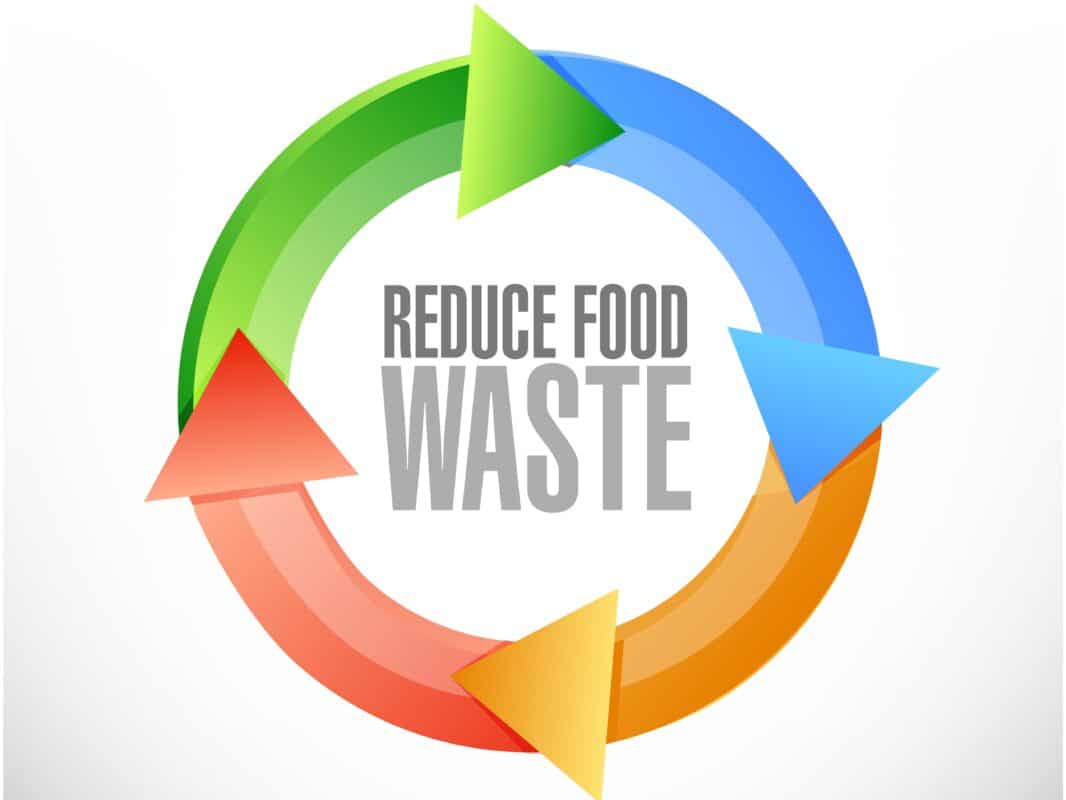Food waste continues to be a major problem in the UK, as published in the WRAP food waste report. With so many outlets offering quick, easy and cheap food it often takes priority over using what we have in the cupboards. Or, when it doesn’t seem appealing to throw together some ingredients and make a nutritious meal, instead we opt for the easy, far less healthy option.
If there is one thing the pandemic has taught us (besides not needing to bulk buy toilet rolls) is that when there is threat of food shortages and fast-food outlets are closed, that we can in fact make do perfectly well with the necessities. This is proven by the fact that 79% of UK citizens undertook additional food management behaviours in 2020.
Food waste dropped dramatically in the first lockdown (by 43%) and remained well below pre-pandemic levels across all of 2020. Many people adopted the behaviours such as freezing/defrosting food, using up leftovers and batch cooking.
In the UK, 70% of food waste (post-farm gate) comes from households, equivalent to a value of over £14 billion. This equates to 20 million tonnes of greenhouse gas (GHG) emissions. With food waste levels replicating those seen back in 2018, it does raise concerns that people have shifted out of their pandemic mindsets and are well and truly back into old habits.
What Does the WRAP Food Waste Report Mean for AD?
Food waste isn’t a positive thing. If it can be consumed, then it should be. Nobody wants to see food being wasted, especially as most of the time it is perfectly good food. As far as AD is concerned, food waste can be used in the process.
It is certainly better for food waste to be brought to AD plants for processing, meaning that it plays a part in renewable energy production. Otherwise, food waste goes to landfill and becomes yet another pollutant of GHG in the atmosphere.
Yes, the more food waste coming to AD sites to be processed, means more money for the system providers, but a moral approach has to be considered here. Just because it will mean more money in back pockets, that does not mean it should be wholly supported.
If there is valid reason for the food waste, then it should be processed by an AD plant and turned into renewable energy. However, we should be looking at ways of dealing with this problem at its source. That is by educating people on how to change behaviours with regards to food management and waste. But, also educating them on the effects their food waste is having on the environment they live in.
Reference – WRAP Report

